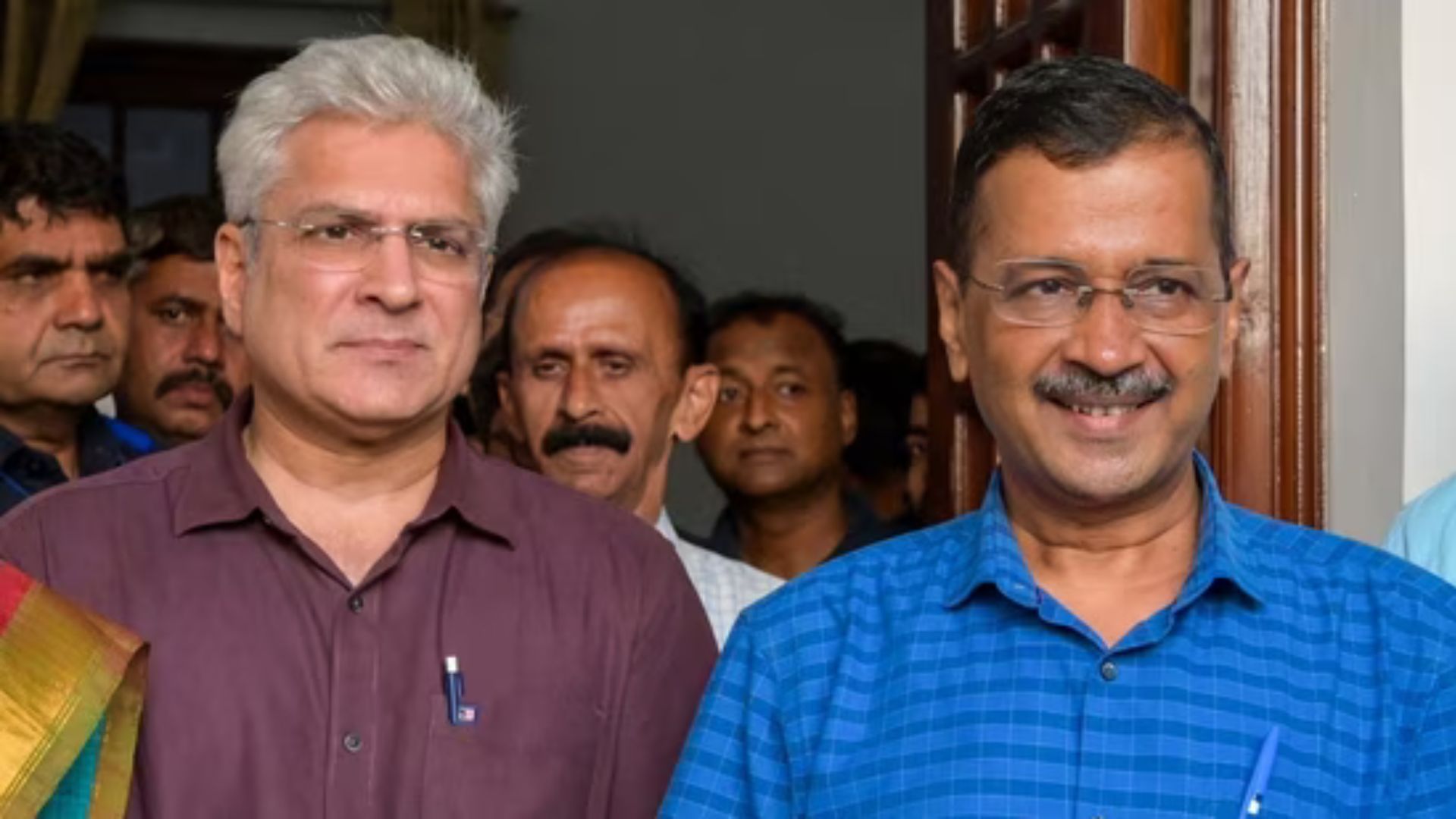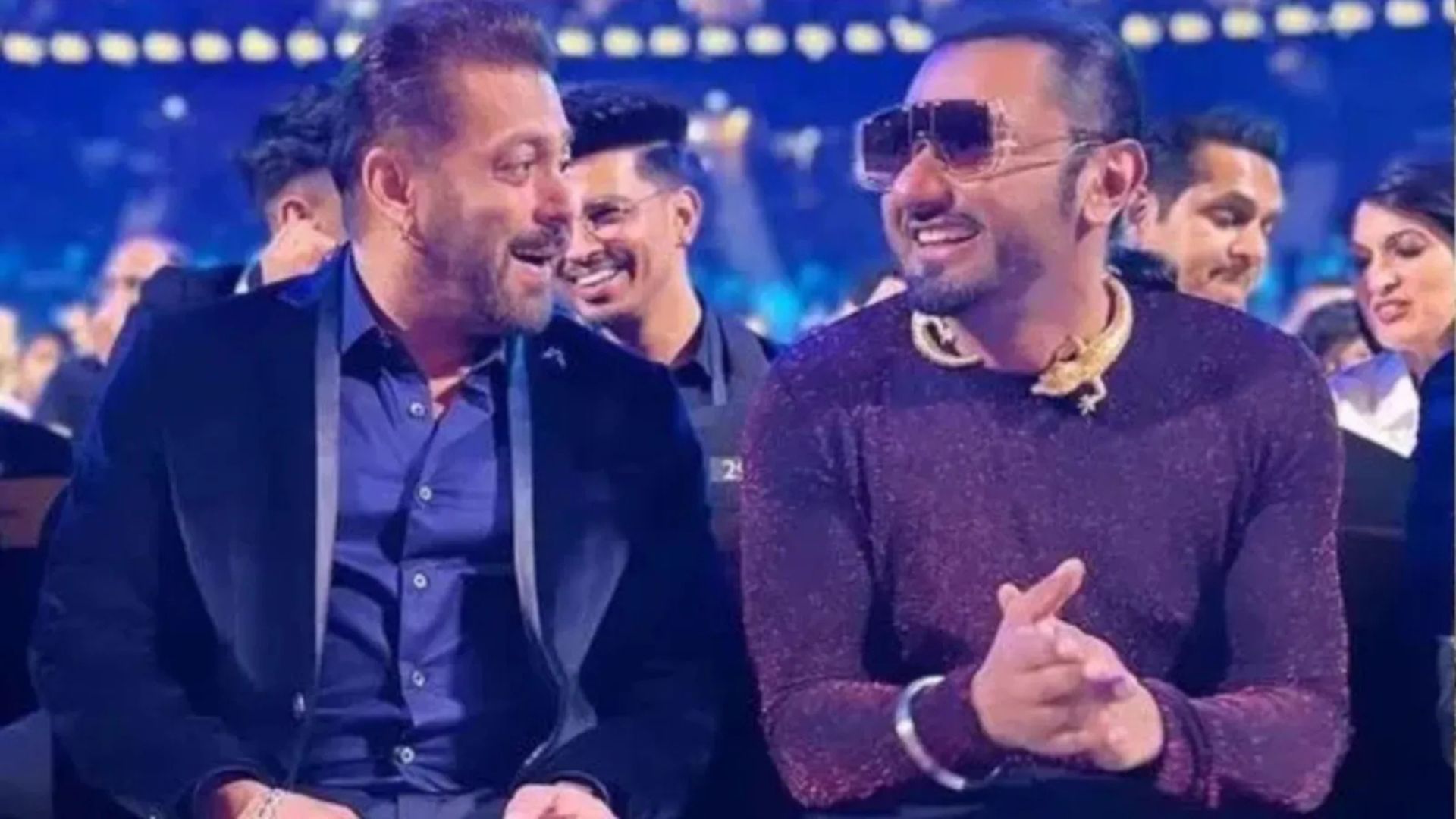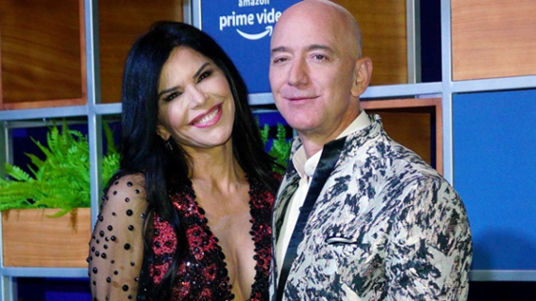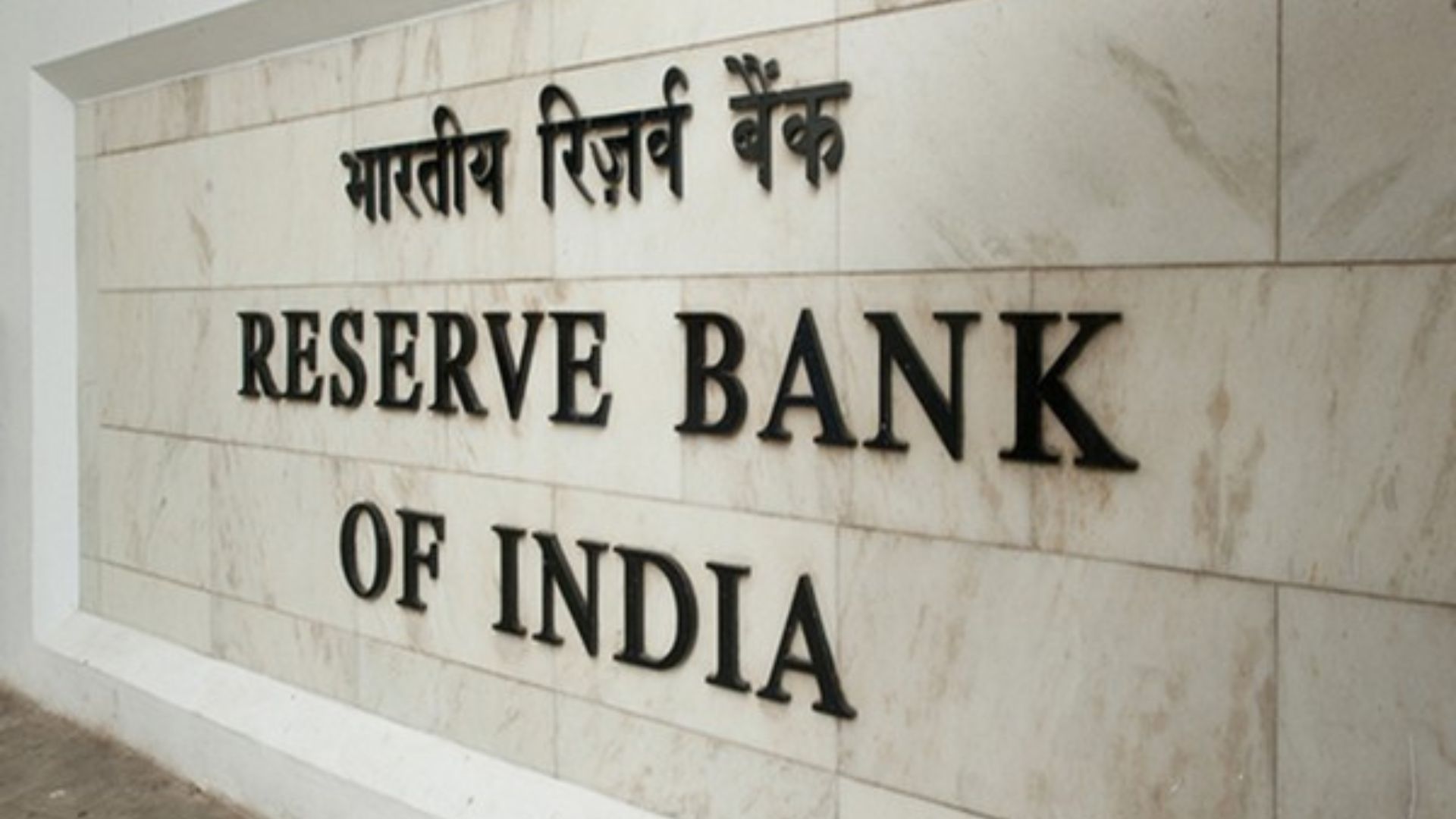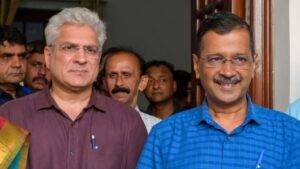In a significant political shift, former Delhi minister and Aam Aadmi Party (AAP) leader Kailash Gahlot has joined the Bharatiya Janata Party (BJP). Responding to the move, AAP National Convenor and Delhi Chief Minister Arvind Kejriwal on Monday commented that Gahlot was free to make his own choices. “He is free; he can go wherever he wants,” Kejriwal stated when asked about the development.
Gahlot’s Resignation and Criticism of AAP
The transition follows Gahlot’s resignation from AAP on Sunday, in which he cited unmet promises and recent controversies as his reasons for leaving the party. Gahlot, an MLA from Najafgarh and previously a close aide of Kejriwal, formally resigned from the council of ministers. The resignation was accepted by Delhi’s current Chief Minister Atishi.
In his resignation letter addressed to Arvind Kejriwal, Gahlot expressed dissatisfaction with the party’s inability to fulfill key pledges, particularly highlighting the failure to clean the Yamuna River. “We promised the people a cleaner Yamuna, but we have failed to deliver on that commitment,” Gahlot wrote. He criticized the party for not living up to its promises to voters, signaling a departure from AAP’s foundational values.
Gahlot’s resignation letter also referenced recent controversies, including the issue surrounding Kejriwal’s new official residence, dubbed “Sheeshmahal” by critics. Gahlot suggested that such controversies have damaged the party’s image and questioned whether AAP still embodies its original vision as a party for the common man. “There are several embarrassing and bizarre issues like Sheeshmahal, which have now led people to question whether we still believe in being the party of the common man,” Gahlot remarked.
AAP Responds, Blames Central Agency Pressure
In response to Gahlot’s resignation, senior AAP leader Durgesh Pathak alleged that the former minister was under immense pressure due to ongoing investigations by central agencies such as the Enforcement Directorate (ED) and the Income Tax Department. “He has been questioned by central probe agencies for several months. It seems he could not withstand the pressure and decided to quit the party,” Pathak said, hinting at political pressure from the central government as a possible reason for Gahlot’s defection.
The defection of Kailash Gahlot to the BJP comes as a significant blow to AAP, given his prominent role in the Delhi government and his reputation as a close ally of Kejriwal. Gahlot’s exit may impact voter perception, especially as the party faces scrutiny over its performance on key promises and handling of internal controversies. The BJP, on the other hand, is expected to leverage Gahlot’s criticisms of AAP in its political messaging.
This latest development underscores the rising political tension between the AAP and BJP as both parties prepare for the upcoming electoral battles in Delhi and at the national level.
In a major political move, Kailash Gahlot, a former Delhi minister and key leader from the Aam Aadmi Party (AAP), has joined the Bharatiya Janata Party (BJP). Responding to Gahlot’s defection, AAP National Convenor and Delhi Chief Minister Arvind Kejriwal said on Monday, “He is free; he can go wherever he wants,” underscoring that the ex-minister’s decision was his own.
Gahlot’s switch to the BJP follows his resignation from AAP on Sunday, where he pointed to several unfulfilled promises and controversies within the party. The Najafgarh MLA, previously seen as a close associate of Kejriwal, stepped down from his ministerial role, with the resignation accepted by Delhi’s Chief Minister Atishi.
In his resignation letter, Gahlot expressed dissatisfaction with AAP’s failure to deliver on its commitment to clean the Yamuna River. “We promised a cleaner Yamuna to the people, but we have not fulfilled this commitment,” he wrote, highlighting the party’s shortcomings in addressing crucial public concerns.
Gahlot also criticized the controversy surrounding Kejriwal’s new official residence, colloquially referred to as “Sheeshmahal.” He suggested that such issues have damaged the party’s image, raising doubts about whether AAP still stands for its core principle of serving the common man. “There are several embarrassing and bizarre issues like Sheeshmahal, which have now led people to question whether we still believe in being the party of the common man,” Gahlot remarked.
In reaction to Gahlot’s departure, AAP’s senior leader Durgesh Pathak attributed the decision to pressure from ongoing investigations by central probe agencies, including the Enforcement Directorate (ED) and the Income Tax Department. “He was being questioned for several months by central agencies. It seems he was unable to withstand the pressure and chose to leave the party,” Pathak stated, implying political interference by the central government.
The defection of Kailash Gahlot to the BJP marks a significant loss for AAP, given his influence within the party and his status as a trusted associate of Arvind Kejriwal. Gahlot’s criticism of the party’s failures and his remarks on internal controversies may also impact voter sentiment, as AAP faces increasing scrutiny over its governance and delivery on promises.
For the BJP, Gahlot’s entry is seen as a strategic gain, adding a prominent face to their ranks in Delhi. As political rivalry between AAP and BJP intensifies, the move could shape the narrative leading up to future elections in the national capital. The defection comes at a critical juncture, highlighting the escalating battle between the two parties over governance issues and public perception.

